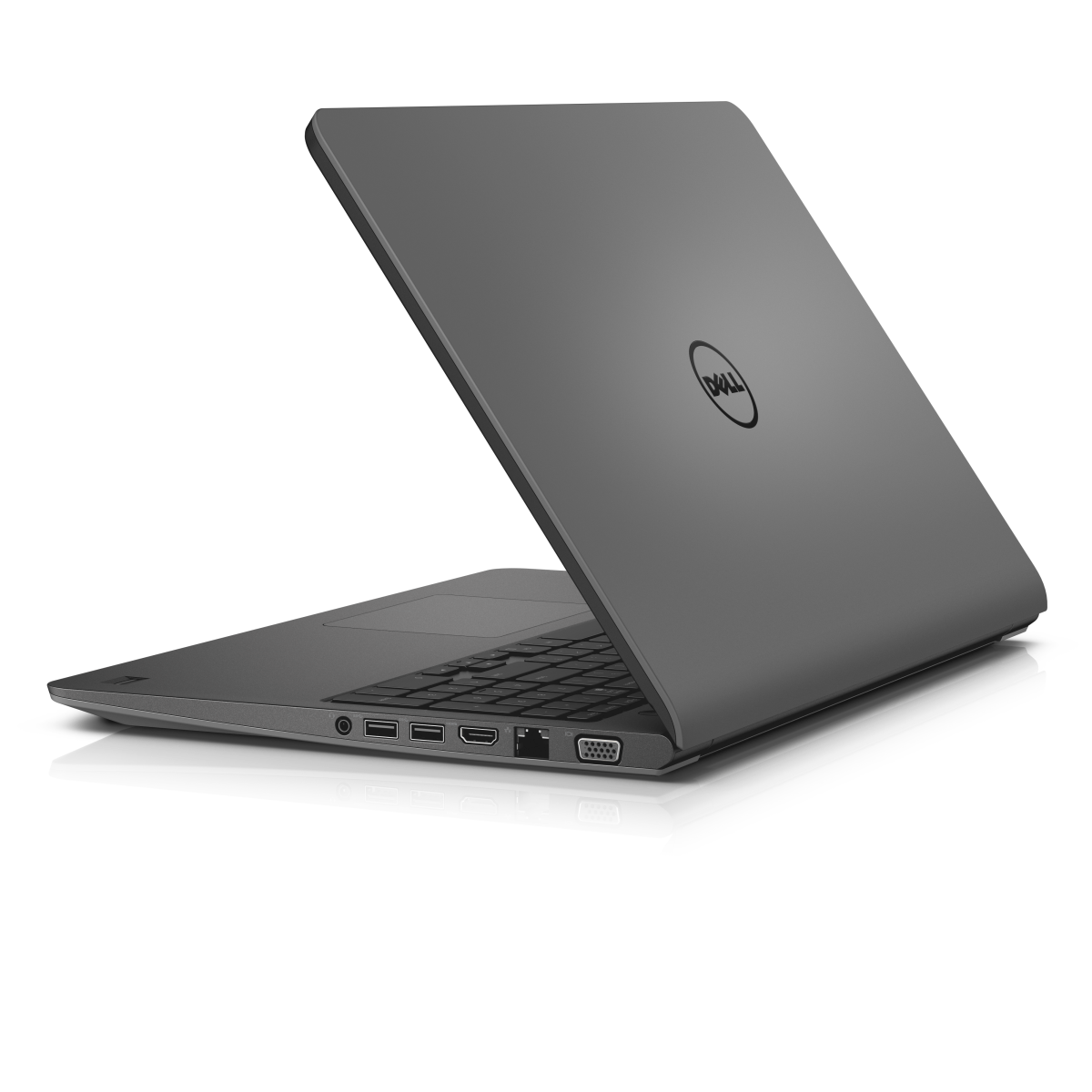
As a society, we are a long way from having an information technology industry that is anywhere near a closed-loop system, but Dell has been among the companies at the forefront of this movement.
The Round Rock, Texas-based personal computing trailblazer has long been a leader on environmental stewardship within the computer hardware industry. Recently the $57 billion company showed the IT sector that a circular economy is definitely possible with an announcement that it is doing even more to boost plastics recycling and the reclamation of carbon fiber materials.
According to Dell, this revamp of its supply chain will include 35 products, increase the recycling of what have already been 4.2 million pounds (1.9 million kilograms) of plastic since January 2014, and divert 820,000 pounds (372,000 kilograms) of carbon fiber material from landfill. The company already recycles plastic components from over 30 flat panel-monitor models and three models of its desktop computers.
Partnering with Dell on the carbon fiber front is SABIC, a petrochemicals and plastics company based in the Middle East. The $51 billion conglomerate, which ranks in the top 10 global manufacturers of resins that are used to make plastics, certainly is in a position to advance the recycling of carbon fiber. Carbon fiber has become increasingly popular with Dell and its competitors as it reduces the weight of laptops, but it is not the easiest material to recycle. The partnership with SABIC, however, promises to include more carbon fiber material in Dell’s Latitude and Alienware product lines.
With this announcement, Dell says it will also join the Ellen McArthur Foundation’s Circular Economy 100 Program, an initiative working to bring large companies across various sectors together to make a circular economy the reality. The result of efforts such as that of Dell’s, according to this organization, would be the rapid acceleration of global waste-diversion efforts and develop what it says is a long-term $2 trillion global economic opportunity.
Dell’s latest program builds upon a long history of innovation in waste diversion and recycling. The company has long experimented with more sustainable packaging materials in attempts to reduce the consumption of paper and plastic while eliminating the 'wrap rage' that often infuriates consumers. The efforts have included everything from incorporating wheat straw into packaging to instructing customers which of its shipping materials can be composted. Even mushroom-based packaging has been on the company’s radar.
These programs have contributed to what Dell says is the company’s use of 21 million pounds of recycled plastics since 2013 and a goal to increase that figure to 50 million pounds by 2020. With this recent announcement, Dell should approach that goal easily in less than five years.
Image credit: Dell

Leon Kaye has written for 3p since 2010 and become executive editor in 2018. His previous work includes writing for the Guardian as well as other online and print publications. In addition, he's worked in sales executive roles within technology and financial research companies, as well as for a public relations firm, for which he consulted with one of the globe’s leading sustainability initiatives. Currently living in Central California, he’s traveled to 70-plus countries and has lived and worked in South Korea, the United Arab Emirates and Uruguay.
Leon’s an alum of Fresno State, the University of Maryland, Baltimore County and the University of Southern California's Marshall Business School. He enjoys traveling abroad as well as exploring California’s Central Coast and the Sierra Nevadas.














